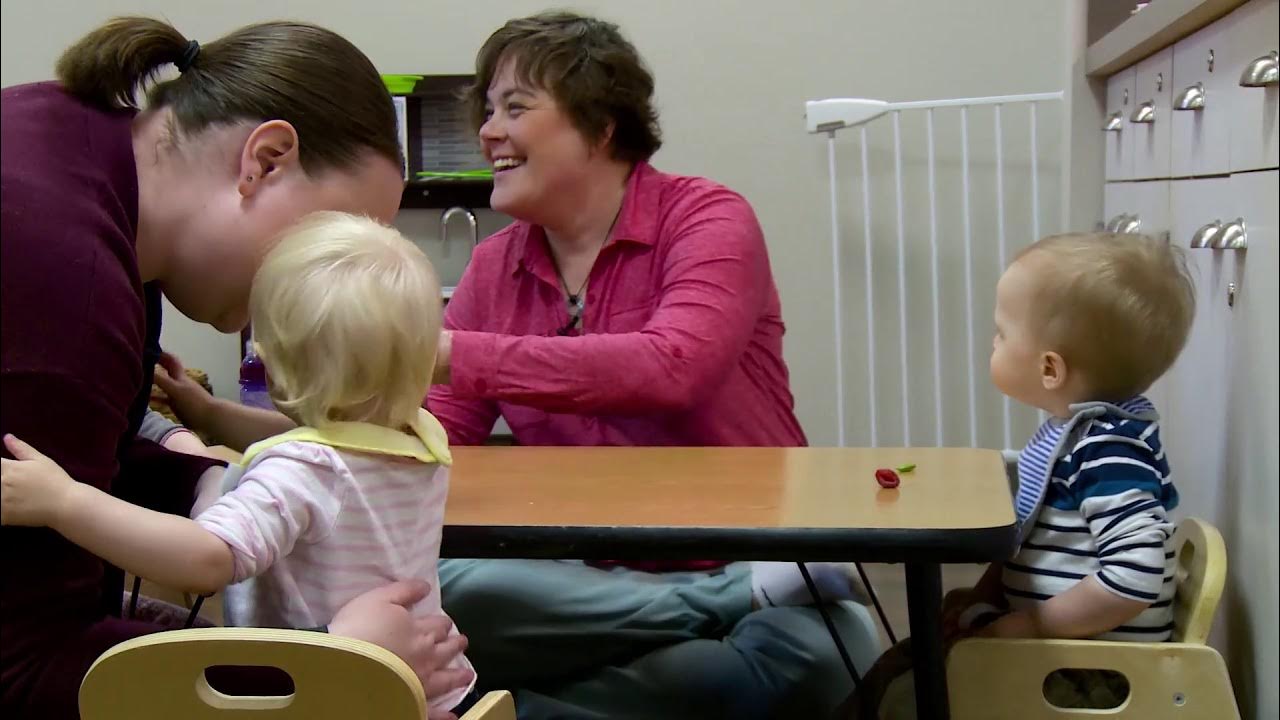Relationship Building: Parent/Teacher Communication
Summary
TLDRThe video highlights the importance of building strong relationships between teachers and parents to support students' success. Teachers like Ms. Mondragon, Ms. Gapp, Ms. Becker, and Ms. Amberson emphasize regular communication with parents through calls, emails, newsletters, and progress reports. They create open and collaborative environments, where parents feel involved in their child's education, whether through grading papers, attending meetings, or simply staying informed. The video underscores the shared commitment to ensuring students feel valued and supported both at home and in the classroom.
Takeaways
- 🤝 Building relationships with parents is a priority to support their child's success.
- 📞 Teachers frequently communicate with parents to share positive feedback, not just concerns.
- 📰 Sending a newsletter before the school year begins helps parents understand classroom procedures and rules.
- 📧 Timely communication with parents, ideally within 24 hours, is crucial for addressing concerns quickly.
- 🔓 Classrooms are open to parents who want to participate, whether by helping students or assisting with tasks like grading.
- 📝 Daily notes between parents and teachers through a communication book foster consistent interaction.
- 📊 Weekly progress reports are sent to keep parents updated on their child's performance.
- 📱 A communication app allows for easy and early contact between parents and teachers.
- 😊 Parents feel reassured when they know their child's well-being is also a priority for the teacher.
- 👨👩👦 Teachers value building strong, positive relationships with parents to create a supportive learning environment for students.
Q & A
What is the first relationship Ms. Mondragon tries to build as a teacher?
-Ms. Mondragon focuses on building a relationship with the parents first, as she believes they are crucial in working together to support their child.
How does Ms. Gapp establish a relationship with parents?
-Ms. Gapp emphasizes the importance of regular communication with parents. She informs students on the first day that she is a 'caller homer' teacher who calls parents regularly to share positive updates about their child.
How does Ms. Mondragon introduce herself to parents before the school year starts?
-Ms. Mondragon sends a newsletter during the summer, which includes information about her, her classroom procedures, rules, and other details parents need to know.
What is Ms. Becker's approach to responding to parents' concerns?
-Ms. Becker responds to parents as quickly as possible, ideally within 24 hours. She mentions that her email is connected to her phone, allowing her to address concerns promptly, which helps deescalate potential issues.
What is Ms. Mondragon’s policy regarding parents visiting her classroom?
-Ms. Mondragon keeps her classroom open to parents, allowing them to assist in the classroom in various capacities, such as helping with grading papers or other tasks.
How does Ms. Amberson communicate with parents daily?
-Ms. Amberson communicates with parents every day by writing a quick note, often via a child’s agenda. The notes typically consist of a signature from parents acknowledging the day's communication unless specific issues need to be addressed.
What weekly communication does Ms. Amberson send to parents?
-In addition to daily notes, Ms. Amberson sends home a weekly progress report to keep parents informed about their child's performance.
What app does Ms. Mondragon use for communication, and how did it impact parent involvement?
-Ms. Mondragon uses a communication app to stay in touch with parents and provide updates. She was excited that some parents signed up for the app ahead of time, allowing her to connect with them before meeting in person.
Why does Ms. Becker believe it’s important to build a relationship with parents?
-Ms. Becker believes that parents need to feel that their child, who is most important to them, is also important to the teacher. This builds trust and reinforces the idea that their child is in good hands.
What is the main theme of the teachers' approaches to parent communication?
-The main theme is that building positive, proactive, and consistent communication with parents is key to fostering a supportive environment for the student’s success.
Outlines

هذا القسم متوفر فقط للمشتركين. يرجى الترقية للوصول إلى هذه الميزة.
قم بالترقية الآنMindmap

هذا القسم متوفر فقط للمشتركين. يرجى الترقية للوصول إلى هذه الميزة.
قم بالترقية الآنKeywords

هذا القسم متوفر فقط للمشتركين. يرجى الترقية للوصول إلى هذه الميزة.
قم بالترقية الآنHighlights

هذا القسم متوفر فقط للمشتركين. يرجى الترقية للوصول إلى هذه الميزة.
قم بالترقية الآنTranscripts

هذا القسم متوفر فقط للمشتركين. يرجى الترقية للوصول إلى هذه الميزة.
قم بالترقية الآنتصفح المزيد من مقاطع الفيديو ذات الصلة

Rahasia Siswa Berprestasi || ORTU KERJASAMA DENGAN GURU

Building Relationships within the Classroom (PBIS)

Sambutan Komite Sekolah Dalam Pembagian Raport

Building Positive Relationships with Families

PWF Lesson 1 Part 3 - Family and Teacher Perspectives

5 Classroom Management Strategies for Disengaged Students
5.0 / 5 (0 votes)
